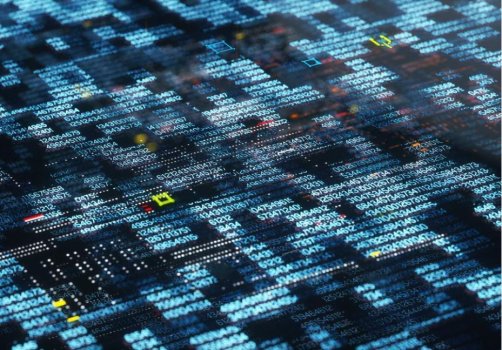At the height of the dot-com bubble in 2000, I read a humor article about Cisco. The piece discussed how investors in the tech giant were shocked to learn Cisco made actual products and did not just sell stock. The Bitcoin and crypto craze (I refer to it as a “craze” and not a “bubble”) that we are currently experiencing has a parallel to that story.
As cryptocurrency prices go through the stratosphere, most people focus on crypto purely as an investment and ignore its use cases. If you came to this page expecting to learn something from yet another expert about how you can buy Dogecoin and get a 5,738% ROI, this article is not for you. Here, we are talking exclusively about the practical uses of the blockchain and cryptocurrency and how it can genuinely, radically revolutionize business processes.
For starters, cryptocurrencies are built on blockchains, a fancy term for a network of computers that store data collaboratively. This data is public and unalterable. Cryptocurrencies collect and hold data pertaining to the ownership and transaction details for each coin. For example, imagine a public database that uses the serial number assigned to each dollar bill to track who possesses each banknote. The database would also update its records every time the bill changes hands.
Continue reading: https://www.forbes.com/sites/forbestechcouncil/2021/12/08/so-what-can-we-do-with-the-blockchain-anyway/?sh=5f59a85b3aac
As cryptocurrency prices go through the stratosphere, most people focus on crypto purely as an investment and ignore its use cases. If you came to this page expecting to learn something from yet another expert about how you can buy Dogecoin and get a 5,738% ROI, this article is not for you. Here, we are talking exclusively about the practical uses of the blockchain and cryptocurrency and how it can genuinely, radically revolutionize business processes.
For starters, cryptocurrencies are built on blockchains, a fancy term for a network of computers that store data collaboratively. This data is public and unalterable. Cryptocurrencies collect and hold data pertaining to the ownership and transaction details for each coin. For example, imagine a public database that uses the serial number assigned to each dollar bill to track who possesses each banknote. The database would also update its records every time the bill changes hands.
Continue reading: https://www.forbes.com/sites/forbestechcouncil/2021/12/08/so-what-can-we-do-with-the-blockchain-anyway/?sh=5f59a85b3aac

